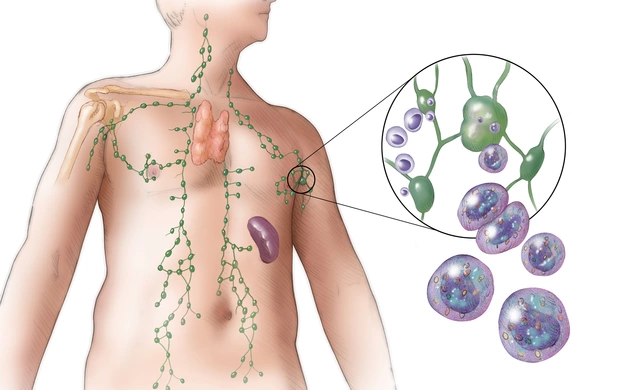Cyproheptadine: What it does and when you might use it
Cyproheptadine is an older, first‑generation antihistamine you’ve probably not heard much about — but it still shows up in clinics for a few specific problems. It calms allergic reactions, can boost appetite in certain cases, and is sometimes used by doctors to counteract excess serotonin activity. This page gives plain, useful facts so you know what to expect and what questions to ask your clinician.
How cyproheptadine works and common uses
It blocks histamine H1 receptors, which reduces itching, runny nose, and hives. Cyproheptadine also blocks serotonin receptors and has anticholinergic effects — that’s why it can help with serotonin syndrome and why it causes dry mouth or drowsiness. Typical uses you might see: allergic rhinitis or urticaria (hives), appetite stimulation for kids or people losing weight from illness, and sometimes off‑label for migraine prevention or serotonin toxicity under medical care.
People often choose cyproheptadine when sedating antihistamines are acceptable or when appetite gain is a goal. It’s not a first choice for long‑term allergy control in many adults because newer, non‑sedating antihistamines are usually preferred.
What to expect: dosing, side effects, and interactions
Doctors tailor dose to the condition and the person. A common pattern for adults is short courses of a few milligrams taken two or three times daily; children are dosed by weight. Don’t adjust dose on your own — always follow the prescriber’s plan.
Watch for these side effects: sleepiness, dry mouth, increased appetite and weight gain, blurred vision, constipation, and urinary hesitancy. Older adults may become confused or fall more easily. If you have glaucoma, enlarged prostate, severe heart disease or breathing problems, mention that before starting cyproheptadine.
It can add to the sedating effects of alcohol, benzodiazepines, opioids and some sleep medicines. Tell your doctor about antidepressants, MAO inhibitors, and any other prescription or herbal drugs to avoid unsafe interactions.
If you feel sudden trouble breathing, severe chest pain, very rapid heartbeat, fainting, or severe confusion after taking the medicine, seek emergency care.
Storage is simple: keep pills in a cool, dry place away from children. Keep track of doses — don’t share prescription medicines.
Thinking about buying cyproheptadine online? Only use licensed pharmacies that require a prescription. Check pharmacy credentials, read reviews, and avoid sites that send meds with no prescription or unclear origin. When in doubt, ask your local pharmacist to confirm the product and manufacturer.
Questions to ask your clinician: Do I need this now or is a non‑sedating antihistamine better? What dose is right for me or my child? How long should I take it? What should I avoid while on it? Who do I call if I notice bad side effects?
Want more on related meds or safe online pharmacy tips? Browse our articles tagged “cyproheptadine” for deeper reads and practical buying guides.

How Cyproheptadine Can Help Treat Cyclic Vomiting Syndrome
In my recent deep dive into the world of pharmaceuticals, I stumbled upon a real hidden gem. It's called Cyproheptadine and it's more than just a tongue twister. This mighty little pill is taking the reins in the fight against Cyclic Vomiting Syndrome (CVS). Picture this, your body decides to have a not-so-fun rollercoaster ride of nausea and vomiting and Cyproheptadine swoops in like a superhero to save the day! So, if you or someone you know is battling with CVS, it might be time to give this wonder drug a whirl, your stomach will thank you!
Detail




